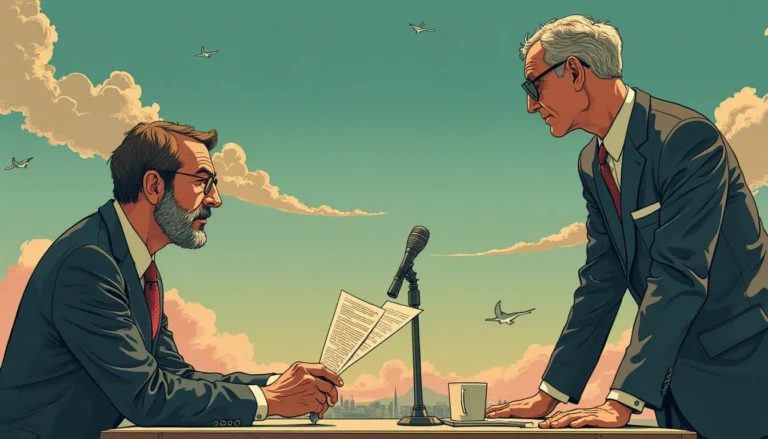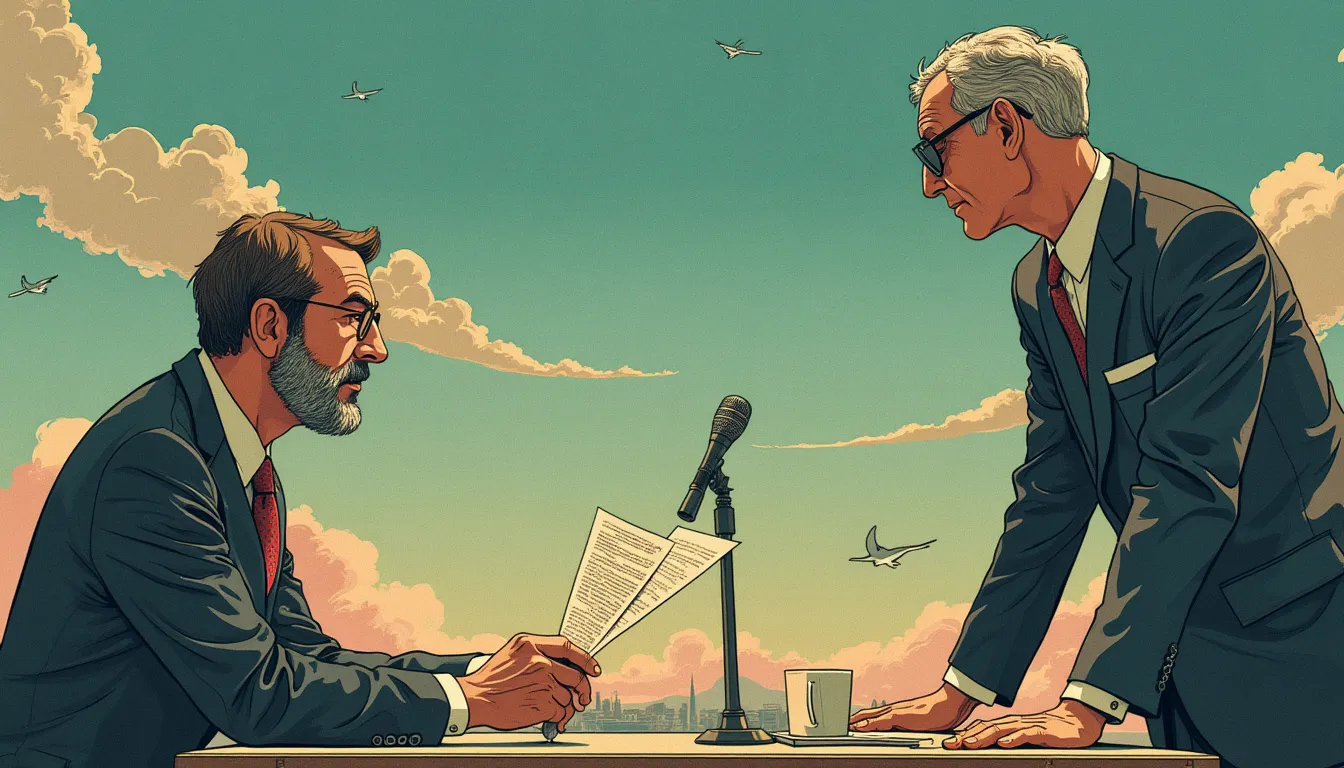

Sheinbaum’s Inaugural Radicalism
In the wake of Claudia Sheinbaum’s election as a political leader in Mexico, the country is witnessing a distinct shift towards radicalization in its political landscape. This phenomenon mirrors trends in the United States, where political ideologies are increasingly polarized and intensified.
Radicalization of Mexican Politics
Since Sheinbaum’s election, there has been a noticeable escalation in the radicalization of Mexican politics. The parallels with American politics are notable, as both nations grapple with more extreme political stances that challenge the centrist status quo.
Comparison with American Politics
The comparison extends beyond mere political trends, touching on a broader polarization and intensification of ideologies. The situation in Mexico reflects similarly divided political landscapes seen in the United States, highlighting a shared trajectory towards deeper political rifts.
Critique of Progressive Extremism
The article critically examines the rise of progressive extremism, suggesting that it often leads to an illiberal form of liberalism. This extremism can manifest in the ostracization and punishment of individuals who deviate slightly from the accepted progressive stance, raising concerns about inclusivity and tolerance within these movements.
Impact on Liberal Democracy
Questions arise about the implications of this radicalization for the future of liberal democracy. The author probes into how a postliberal order might treat dissenters or those who do not conform to the dominant ideologies, casting doubt on the prospects for true democratic pluralism.
Historical and Philosophical Context
The article draws on historical and philosophical perspectives, such as the notion of virtue and terror from the French Revolution, to underscore the potential dangers of unchecked radicalism. This context illustrates how radical movements can justify extreme measures in the pursuit of justice and liberty, highlighting the fine line between virtue and authoritarianism.
Social and Cultural Consequences
The social and cultural fallout of such radicalism is also considered. The destruction of careers and reputations of those deemed to be against the prevailing progressive narrative is likened to a form of moral enforcement that stifles dissent and suppresses free speech. This raises alarms about the broader social implications of these trends.
In conclusion, the article offers a cautionary perspective on the surge of radical political movements in Mexico under Sheinbaum’s leadership. It warns of the potential dangers these movements pose to the principles of liberal democracy and individual freedom, emphasizing the need for vigilance and balance in political discourse.